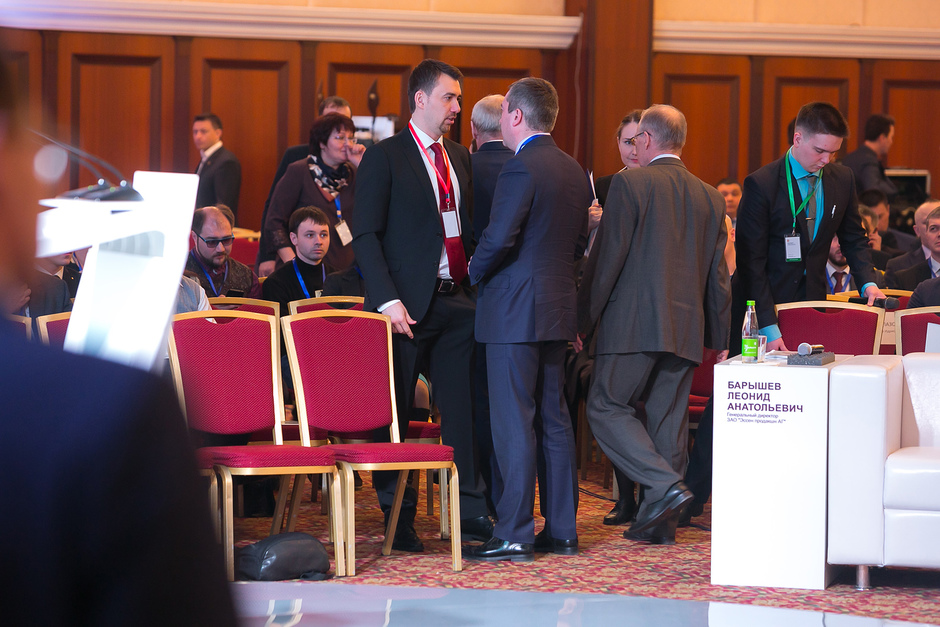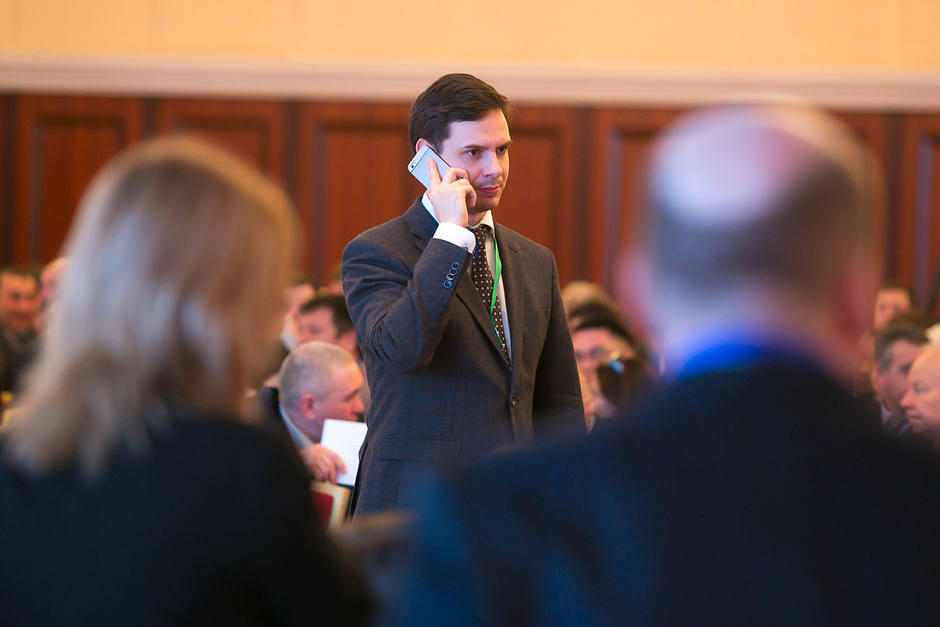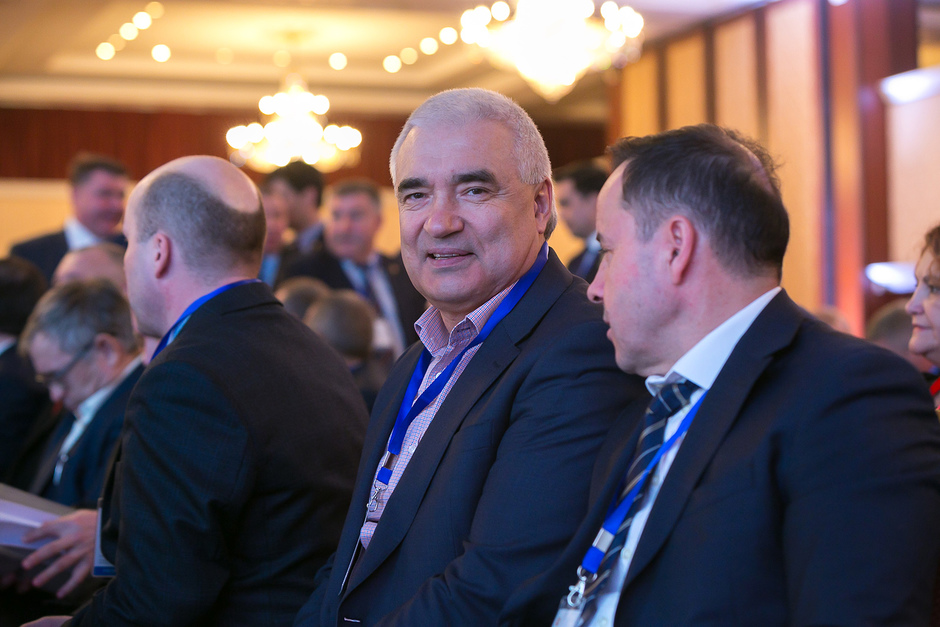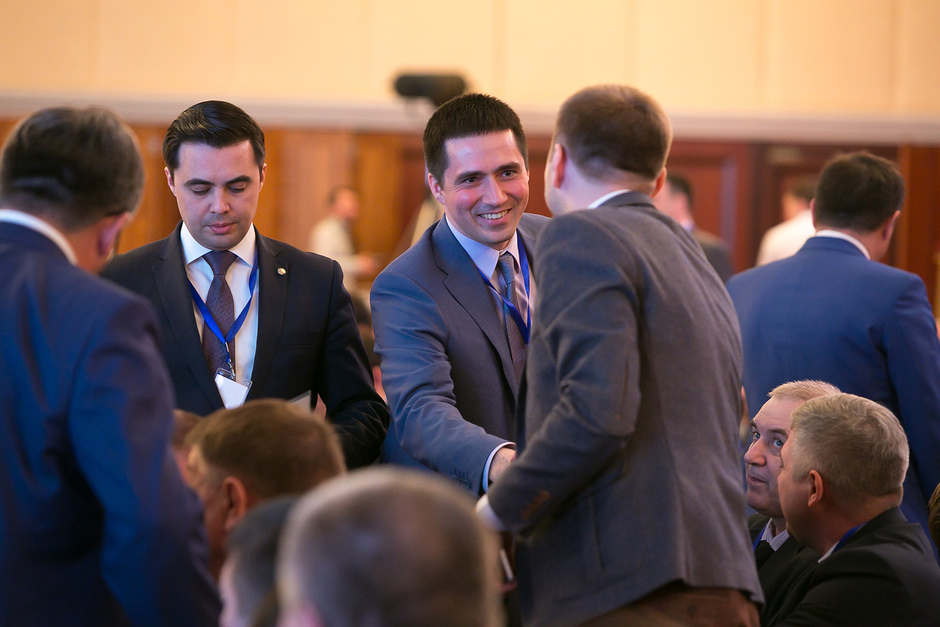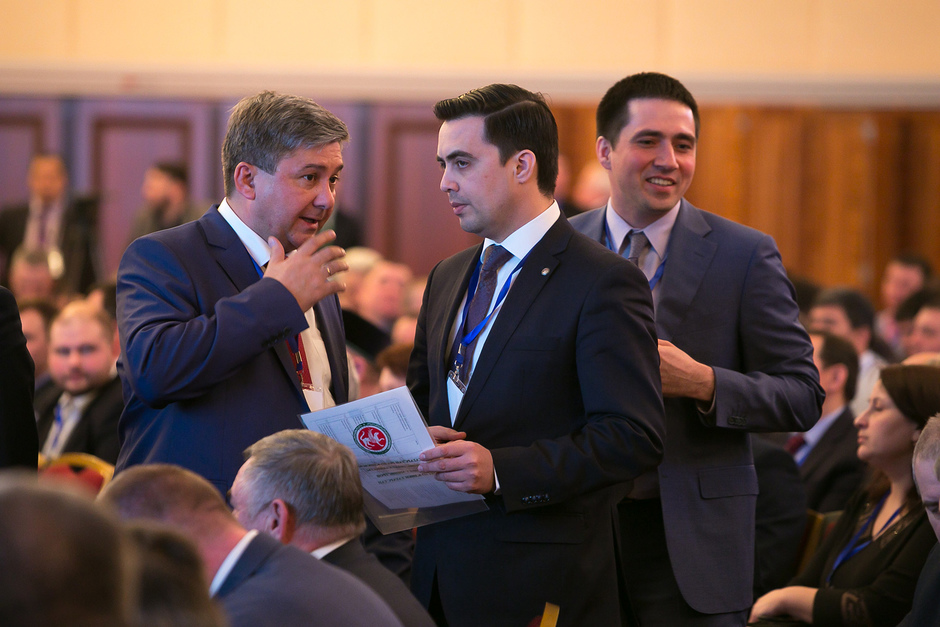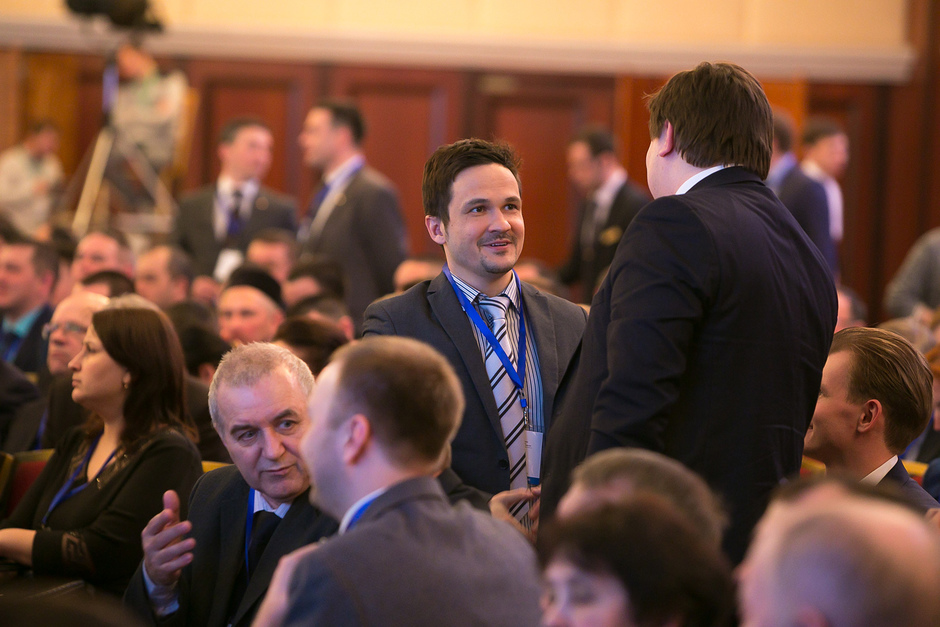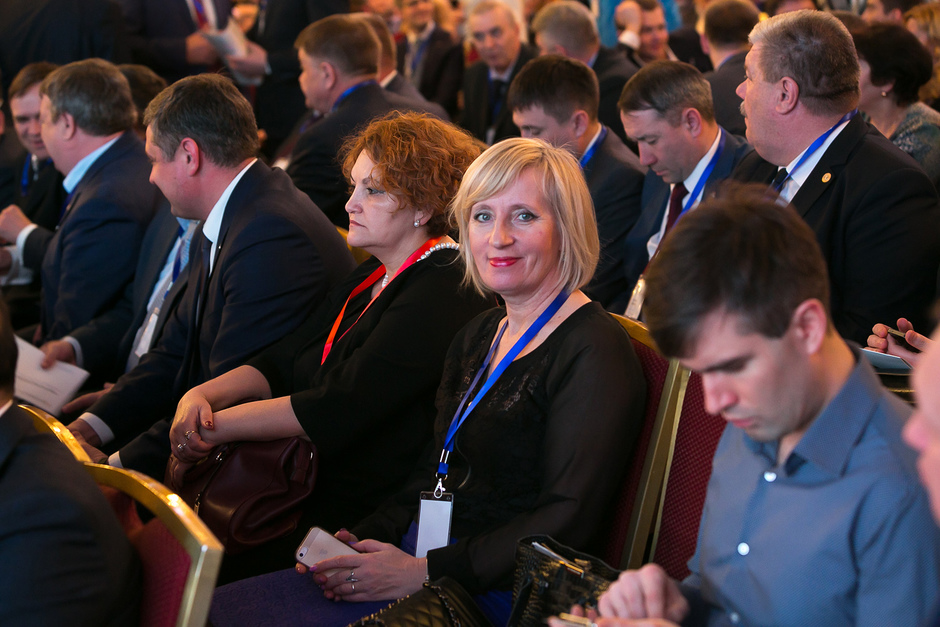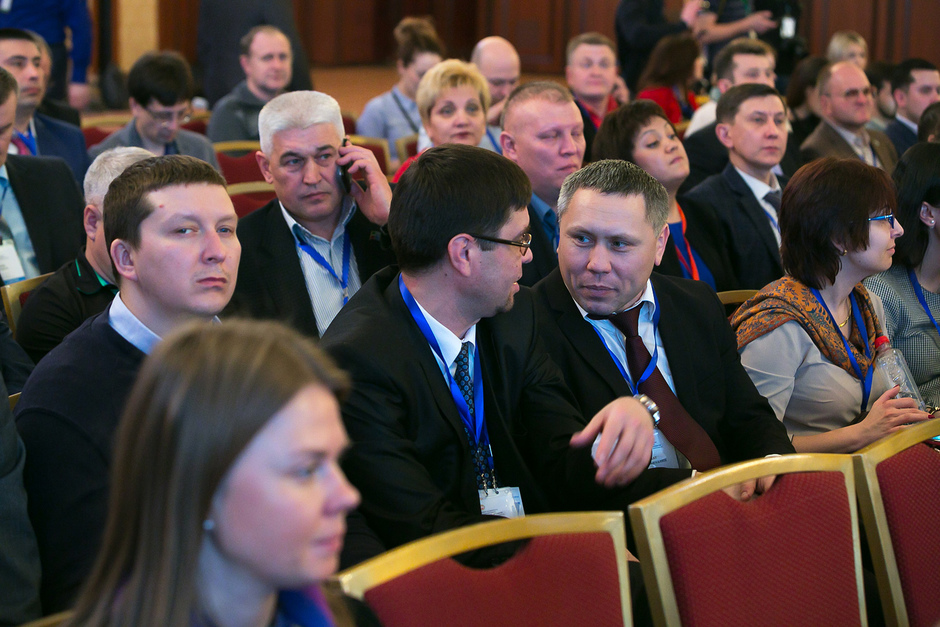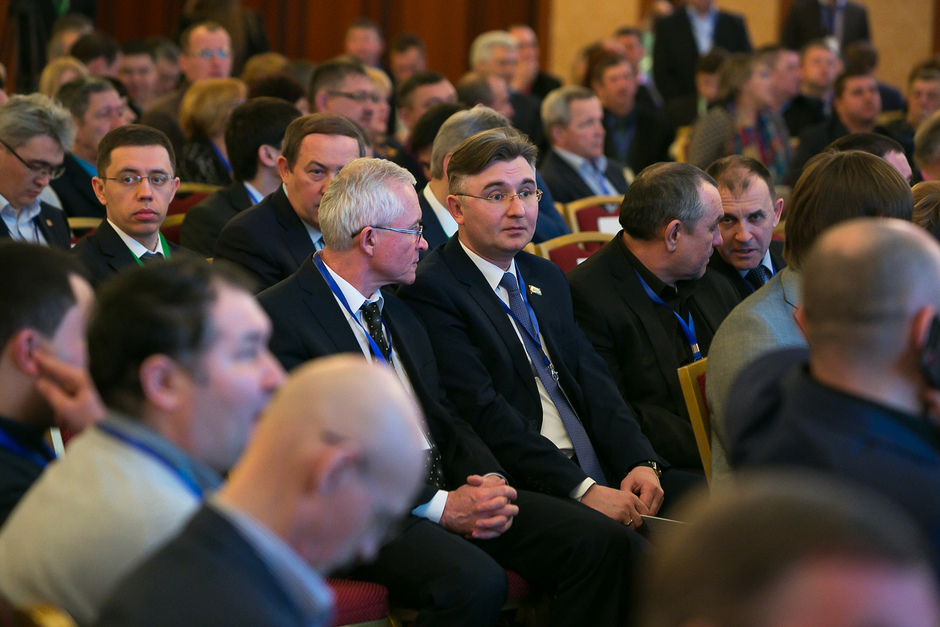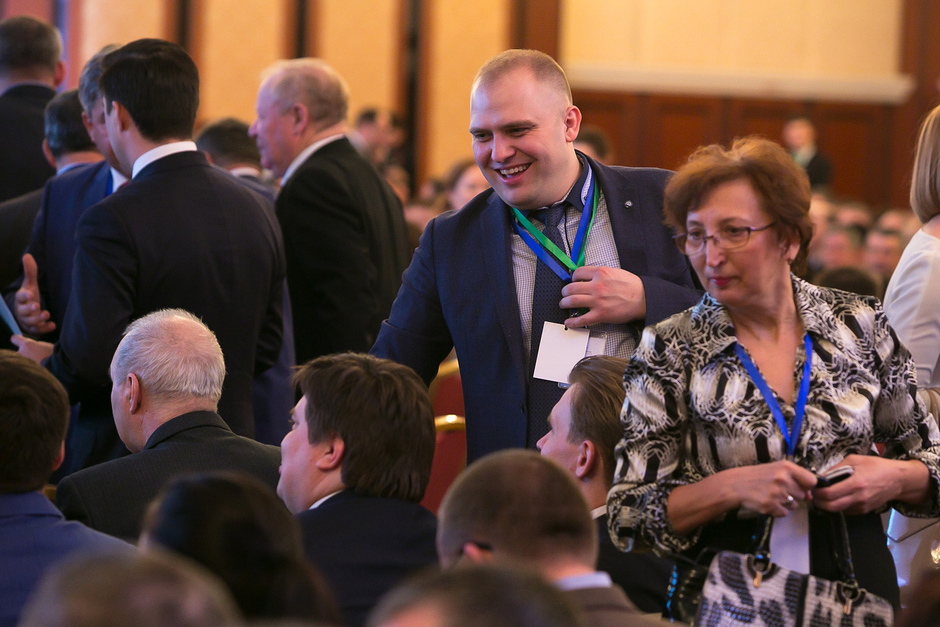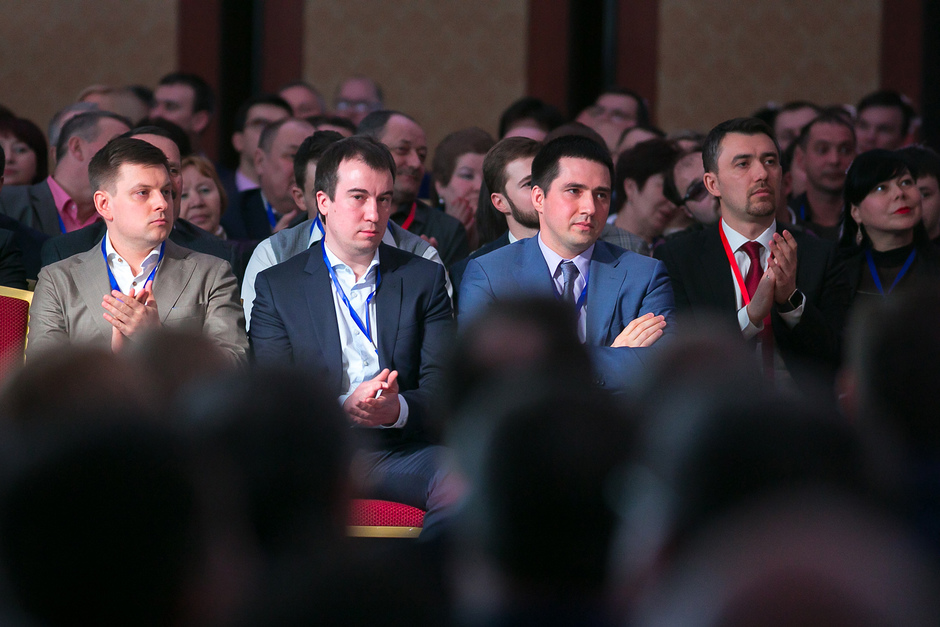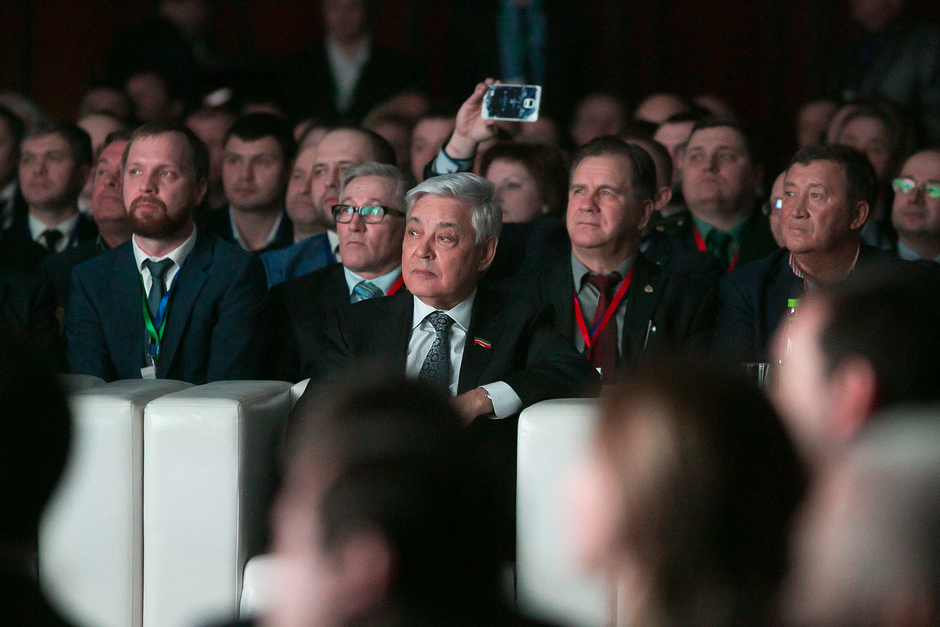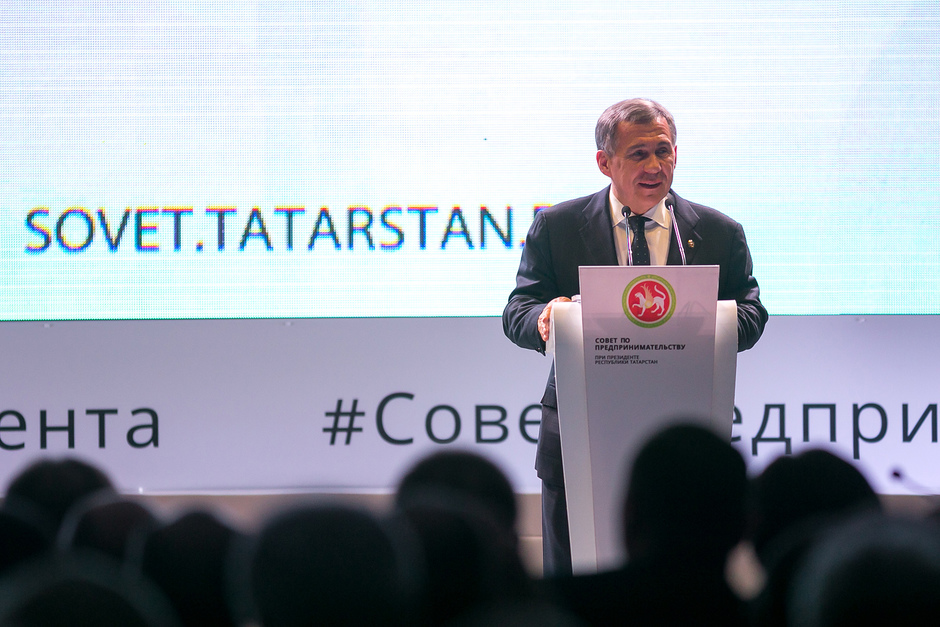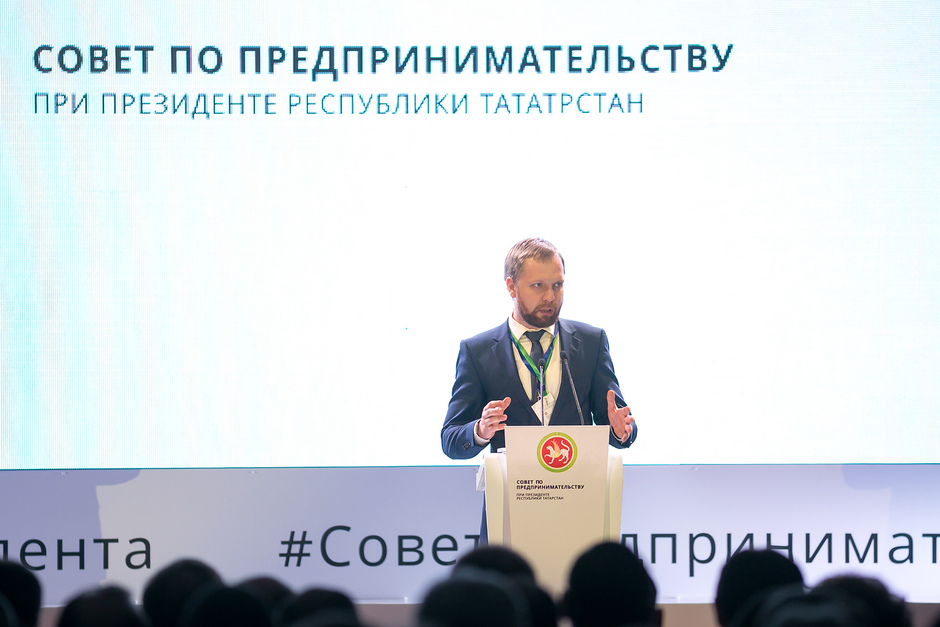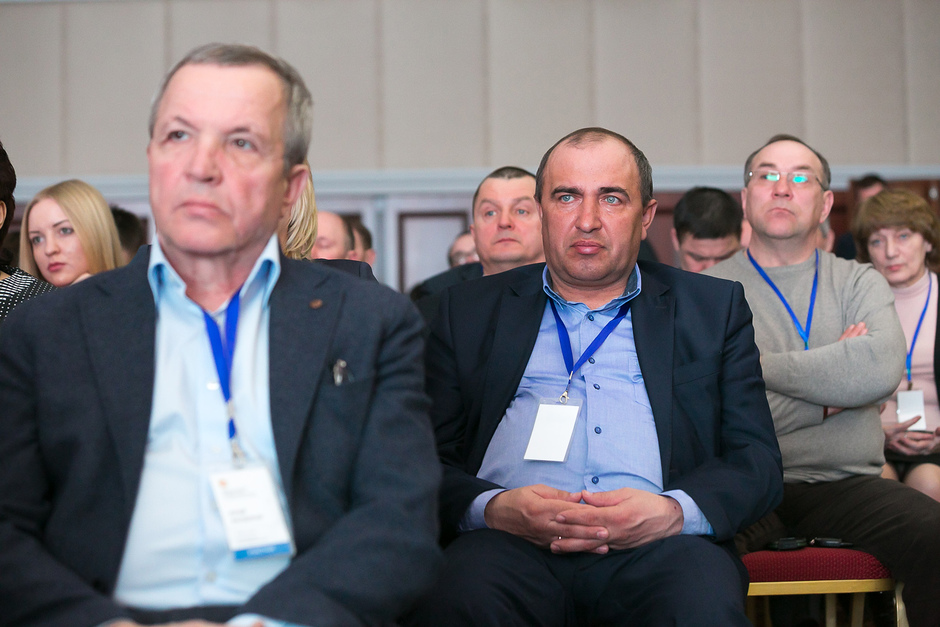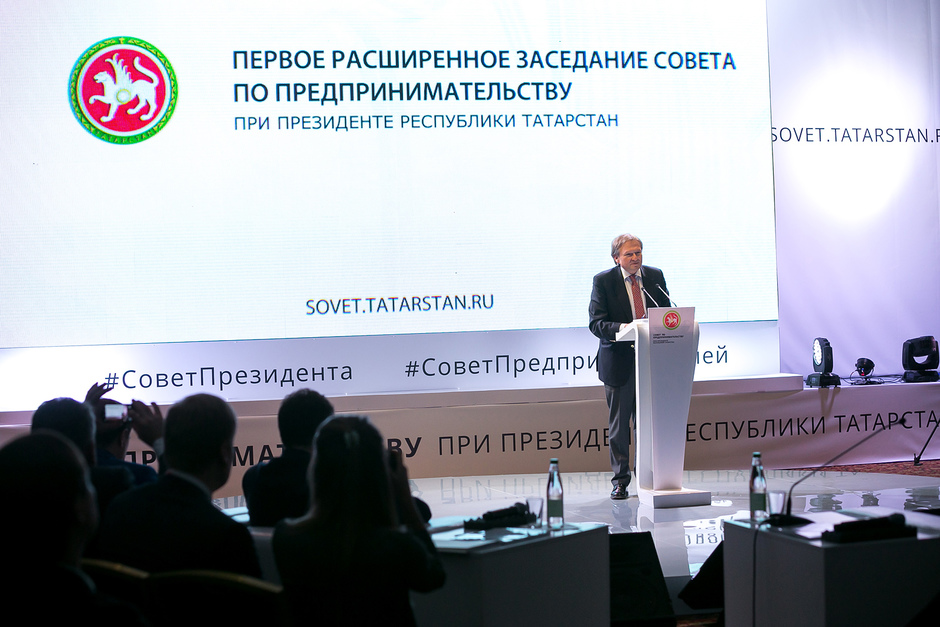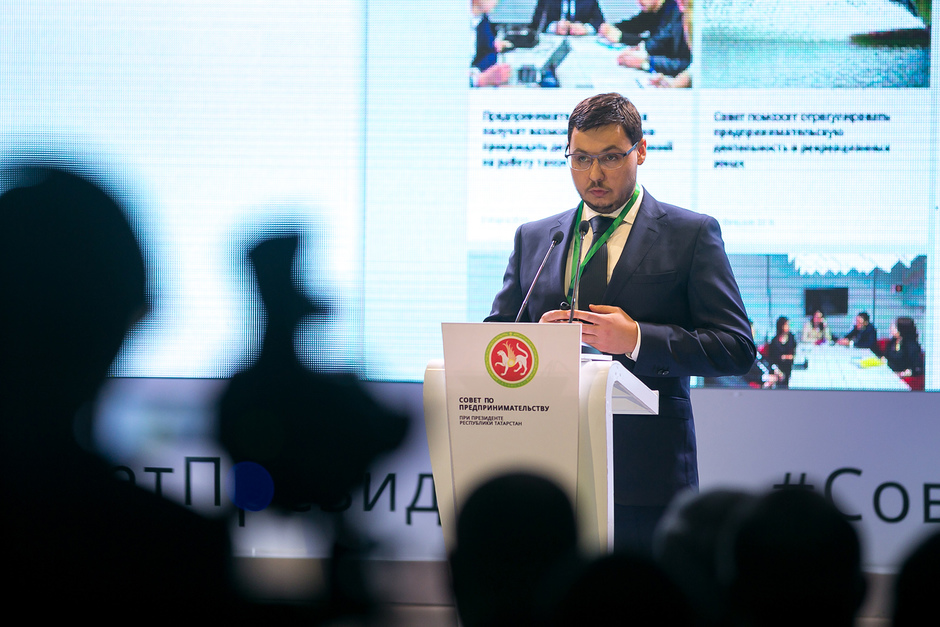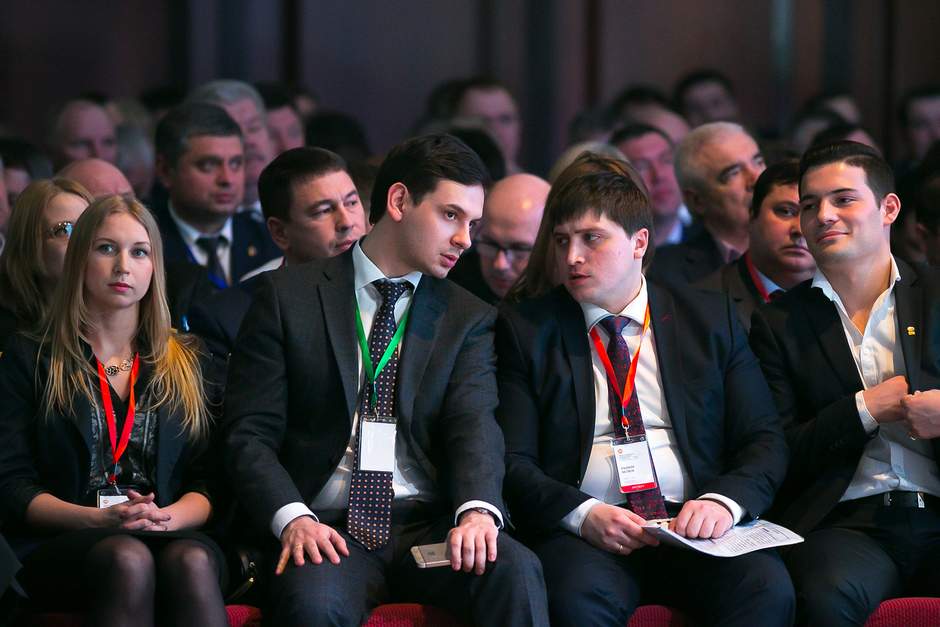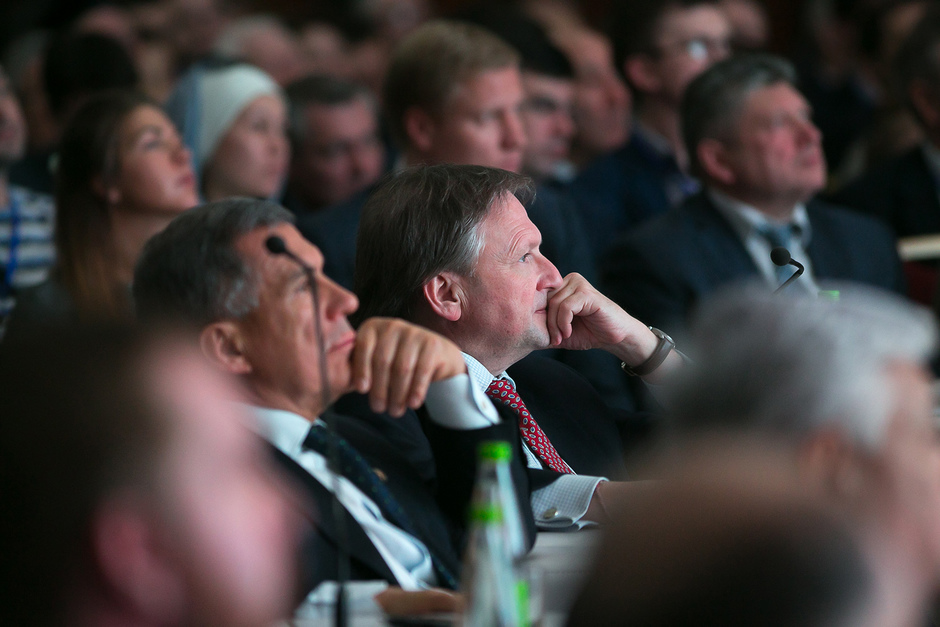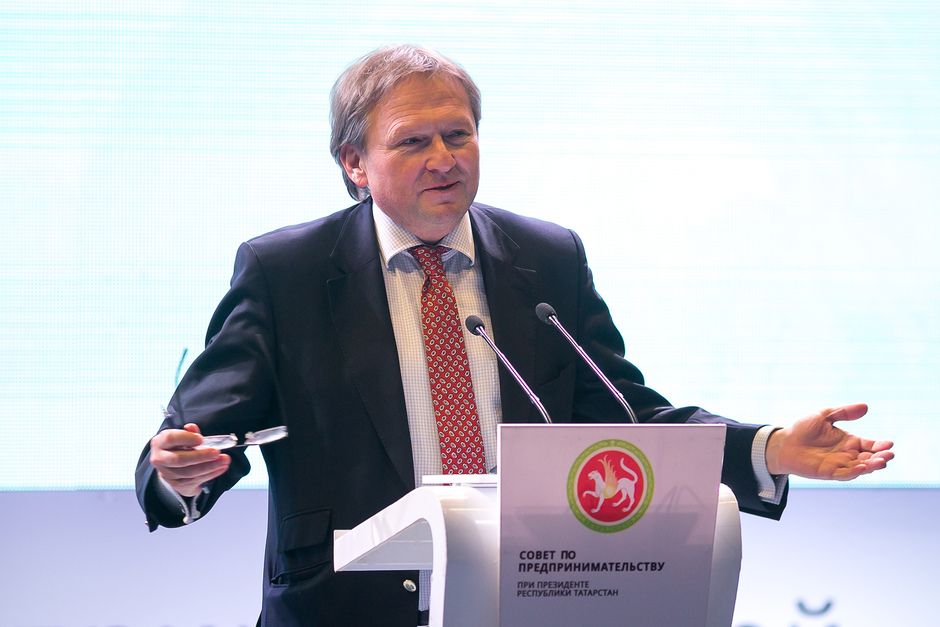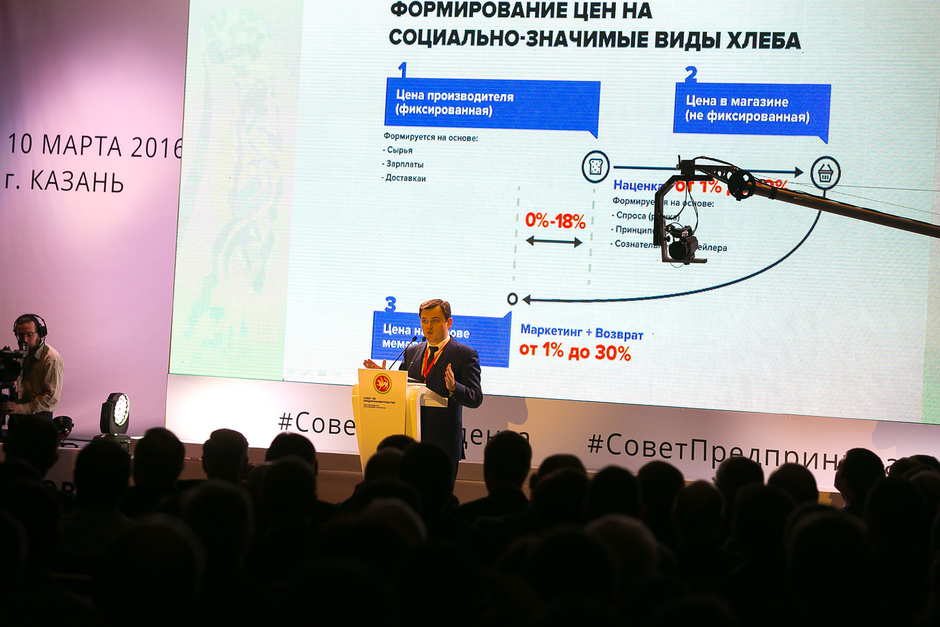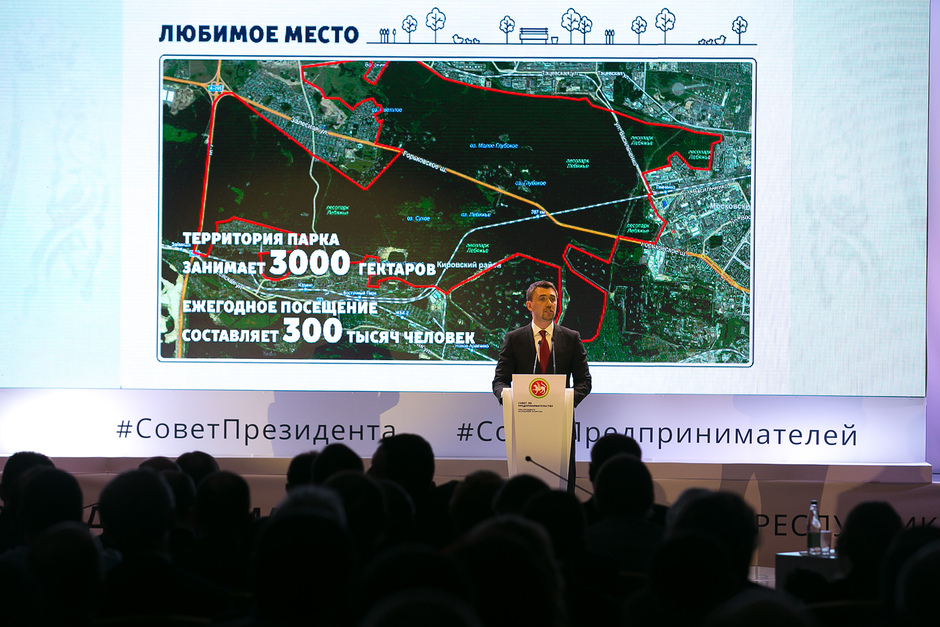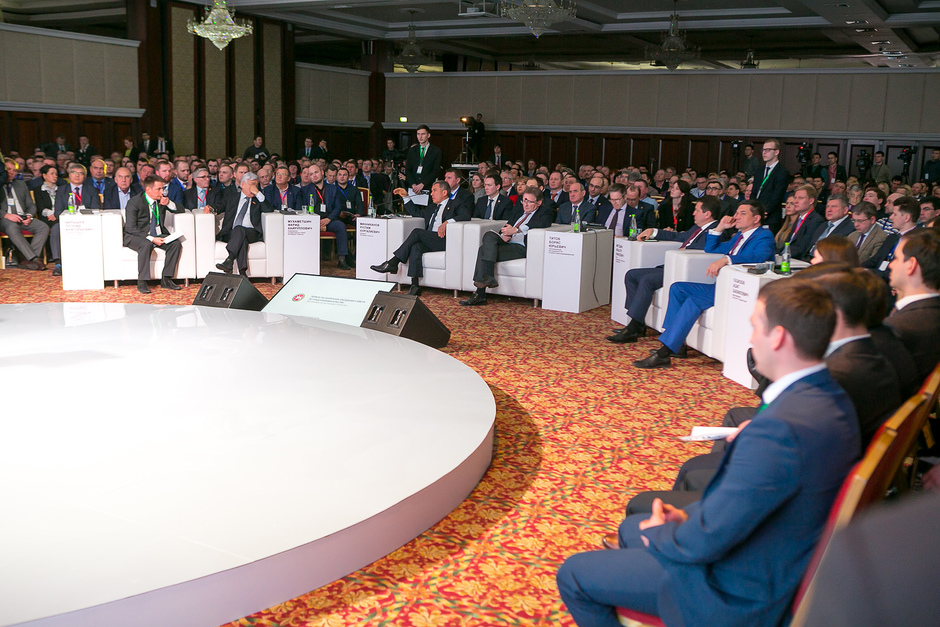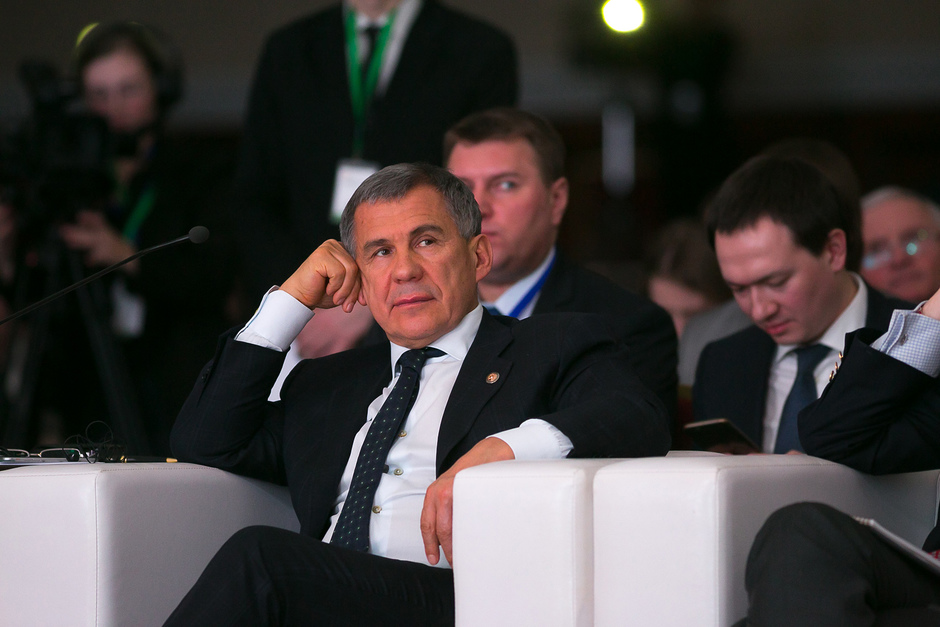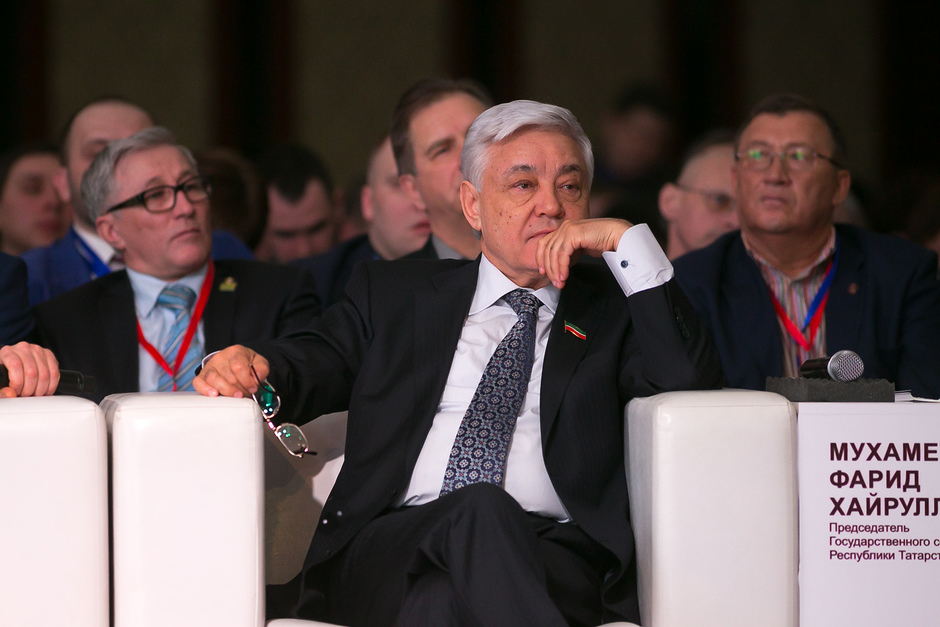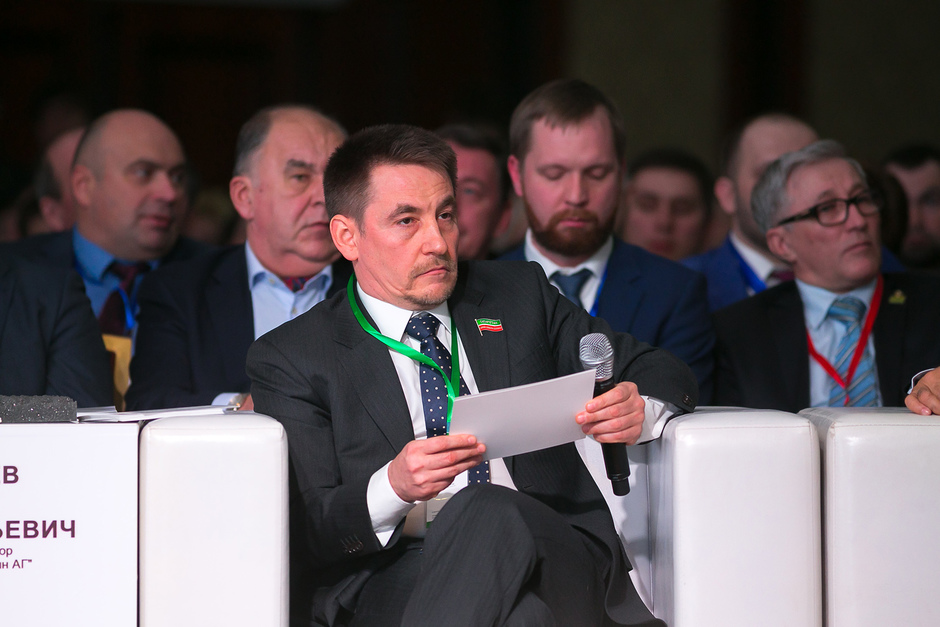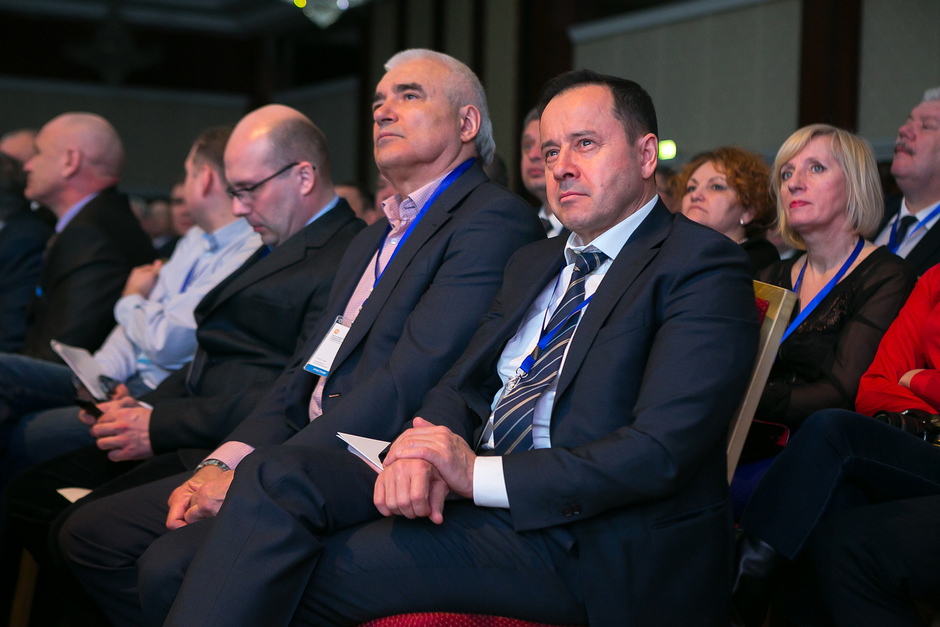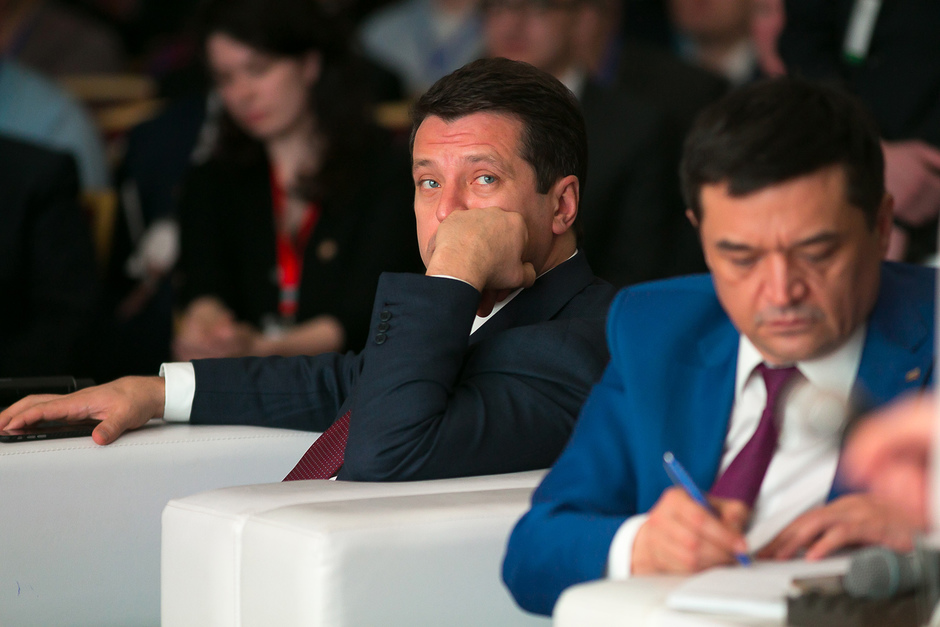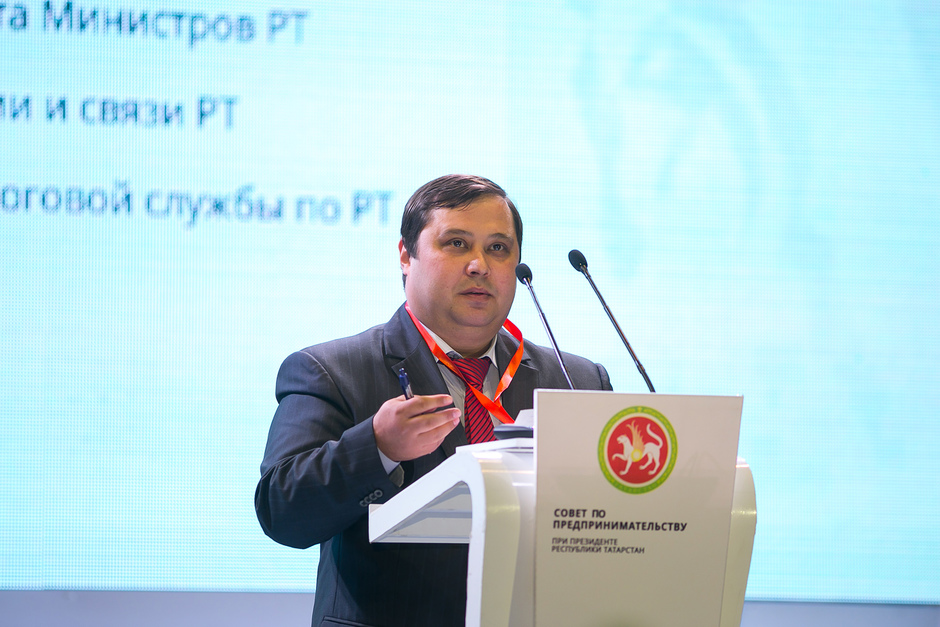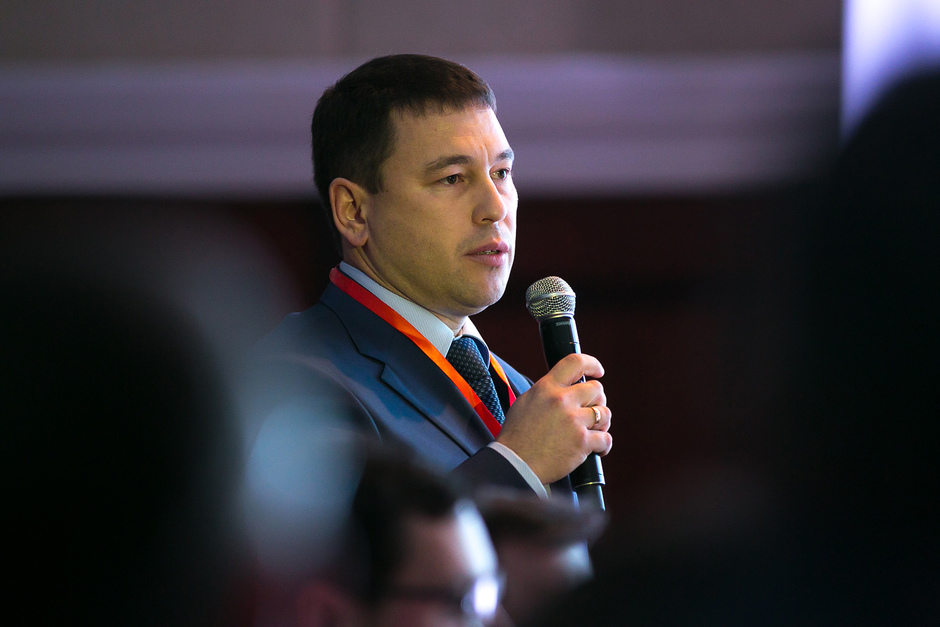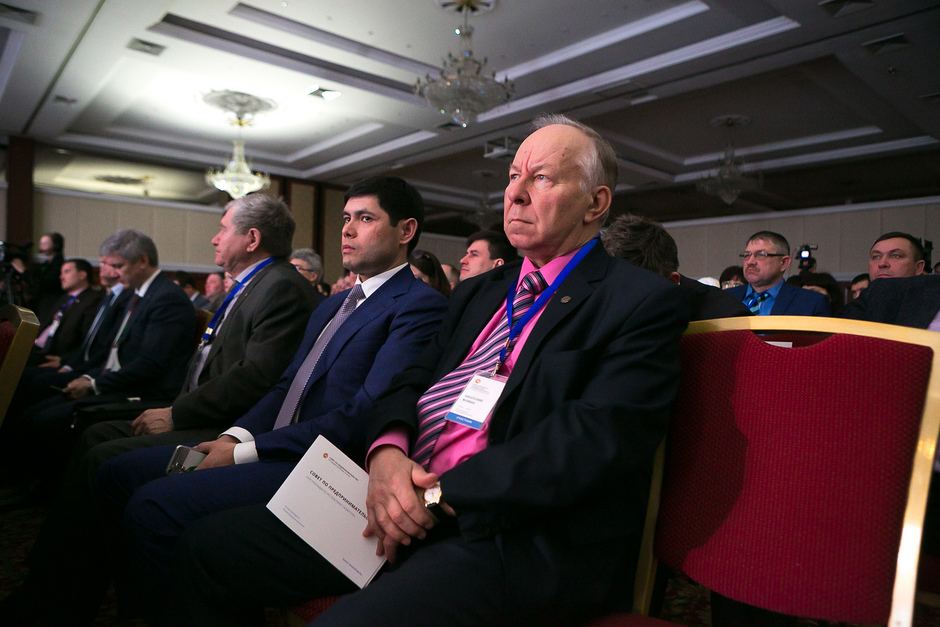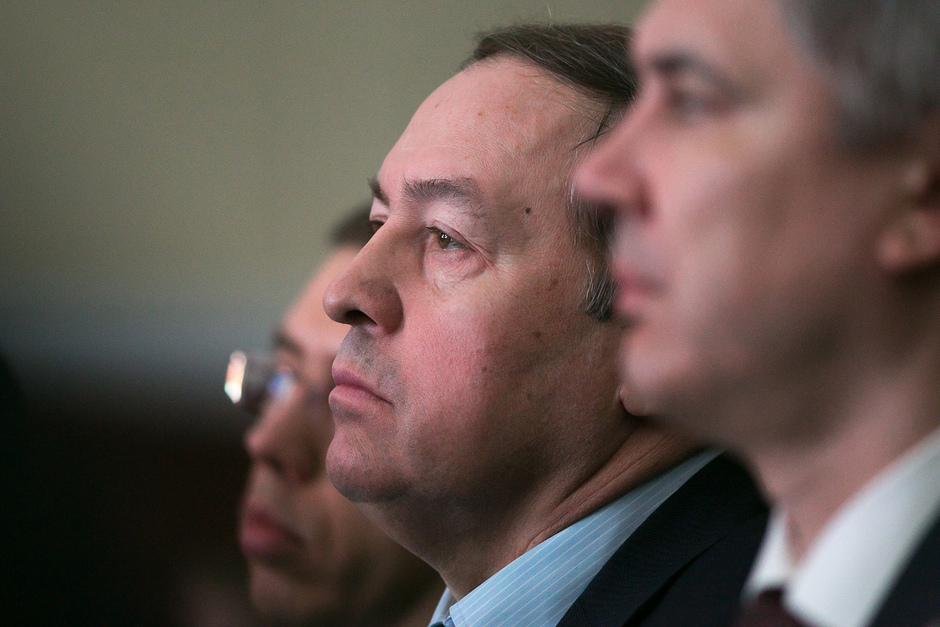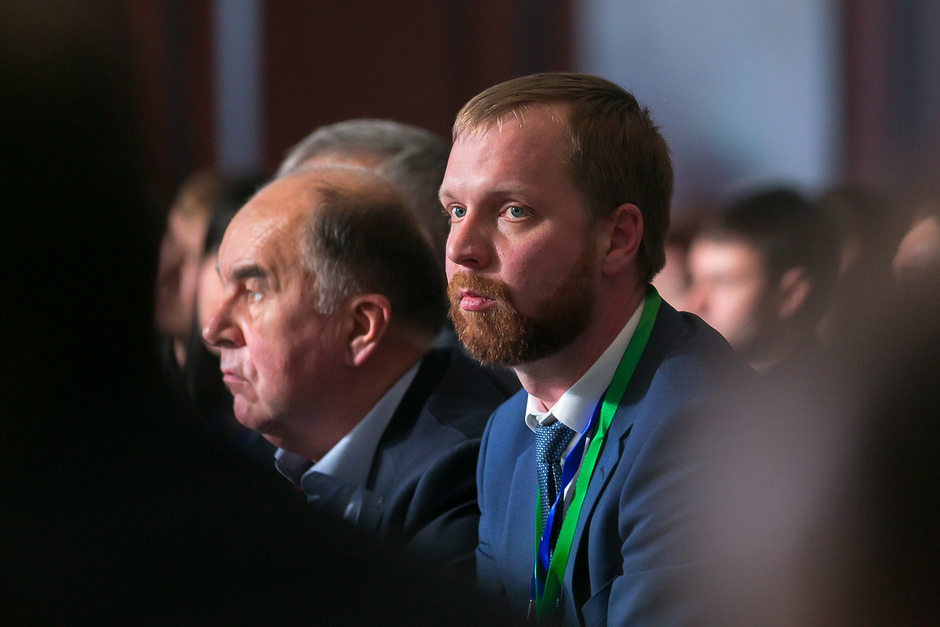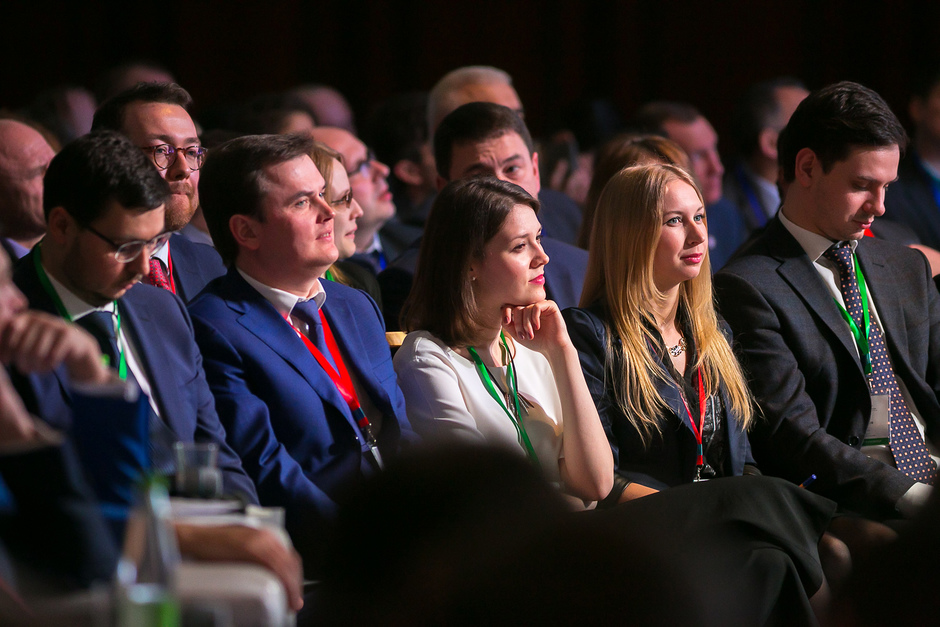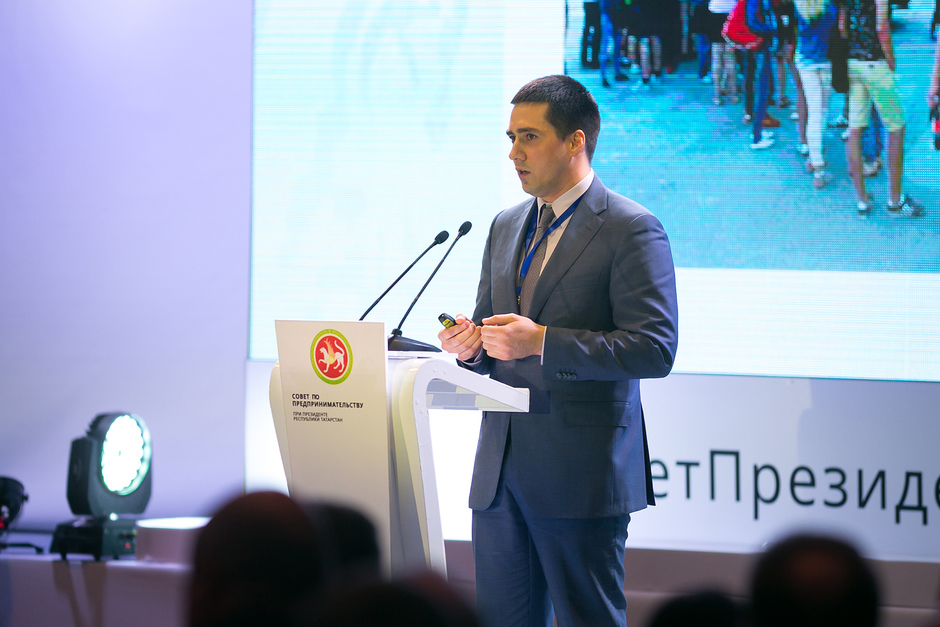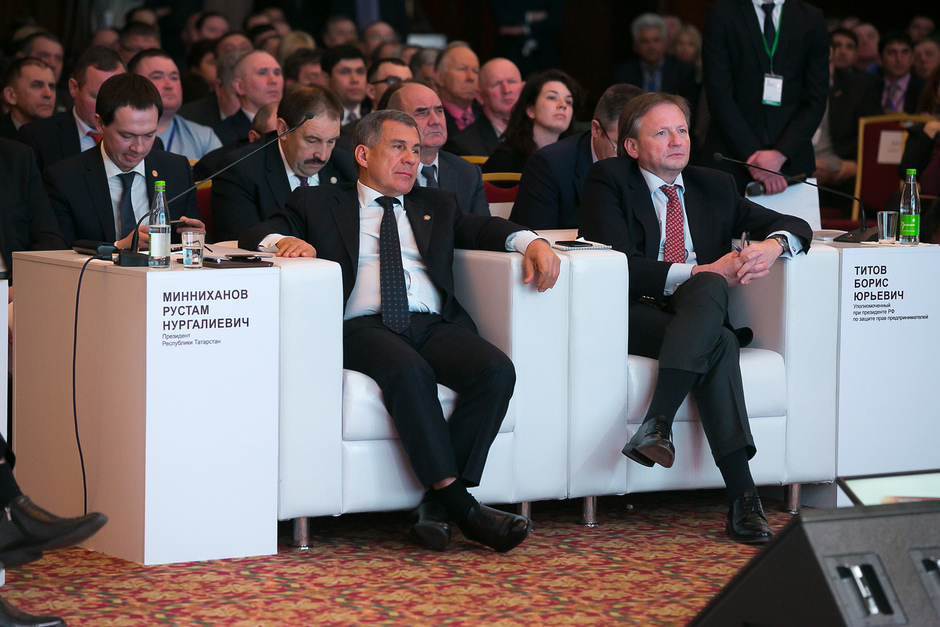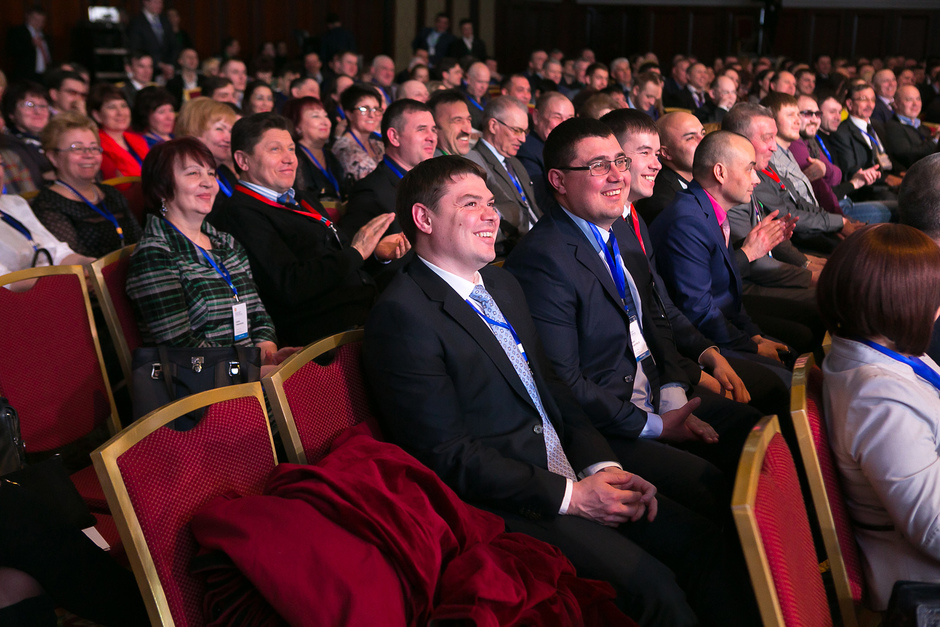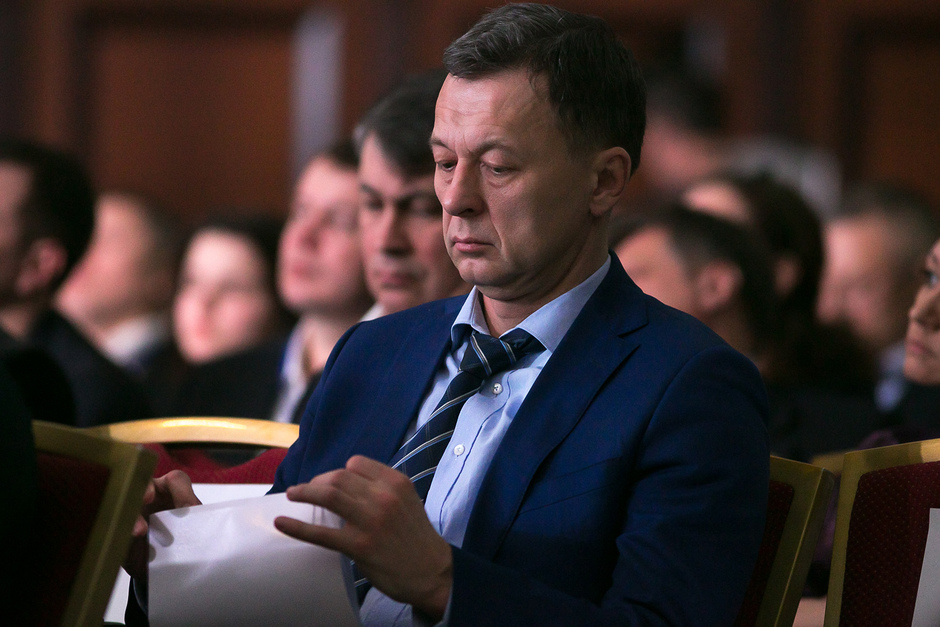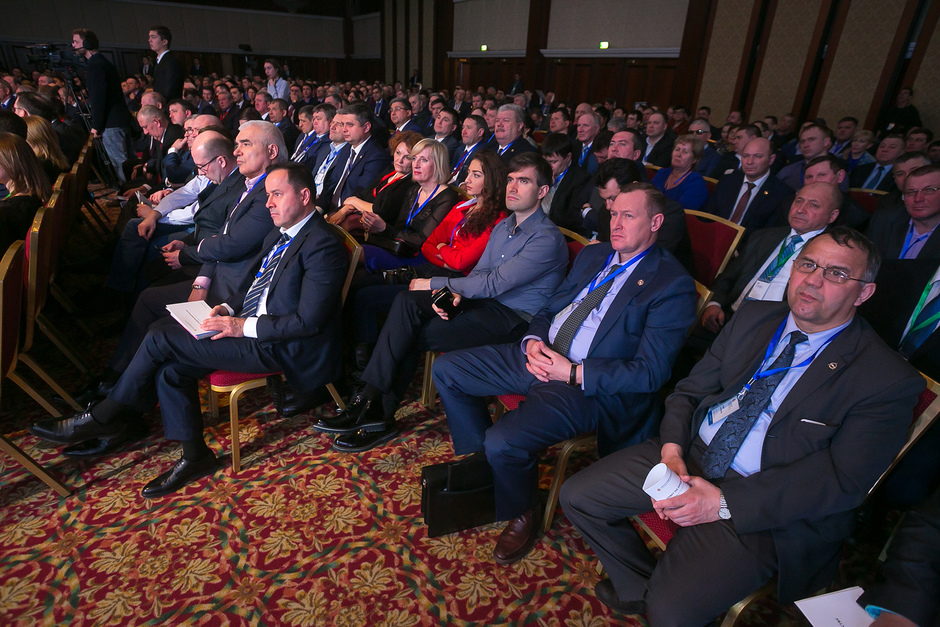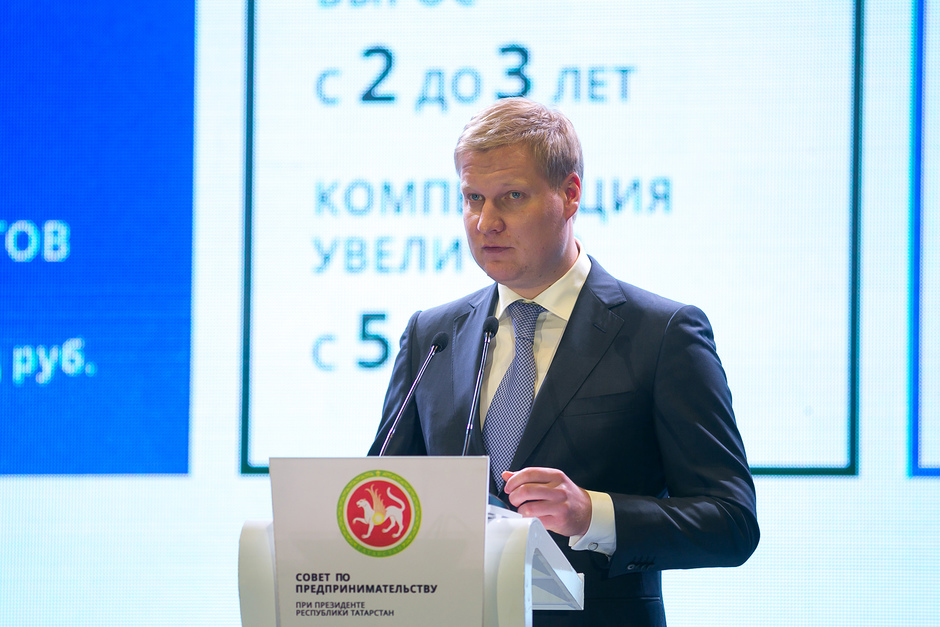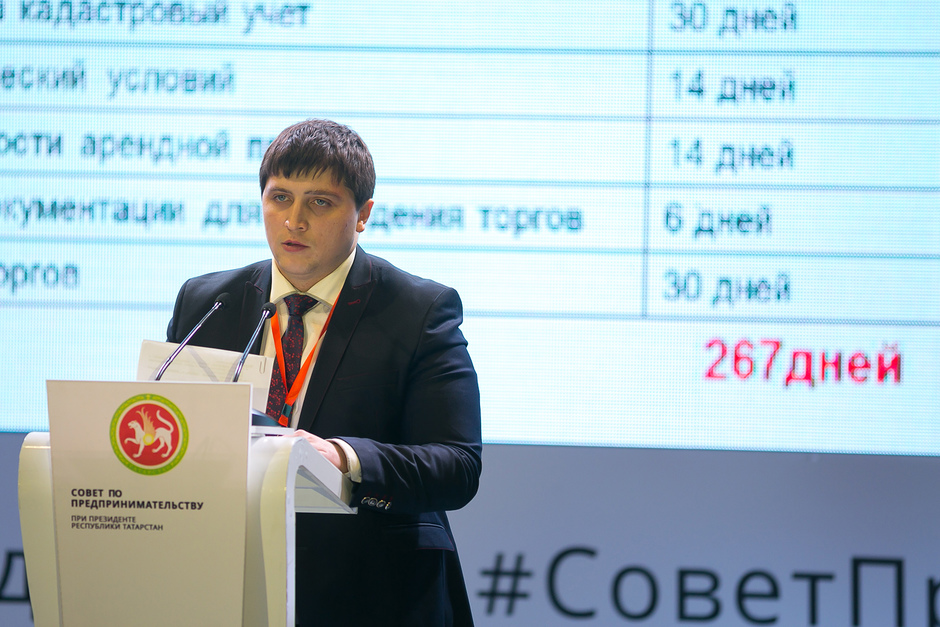The Entrepreneurship Council under the President of Tatarstan: from bread ‘collusion’ to silly federal laws
Rustam Minnikhanov asked the federal officials not to adopt laws on small business without asking the regions and promised once a quarter to meet with businesspersons of Tatarstan
On 10 March, the first meeting of the Entrepreneurship Council under the President of Tatartan took place in Kazan Korston with the participation of the business ombudsman of Russia Boris Titov. It was found out that more than half of Tatarstan's producers signed a 'gentleman's agreement' according to which they can not raise prices for social kinds of bread, the Cabinet of Ministers is going to change the rules of turnover of taxi permits, and the Mayor of Kazan is ready to submit the rules of mobile trade to the President's judgement. These and other results of the first two months of work of new entrepreneurs' union – in the report of Realnoe Vremya.
Social bread at 2 billion
The sitting of the Entrepreneurship Council took place in an extended format for the first time (more than 700 people gathered) and with the participation of all key officials of Tatarstan, President of Tatarstan Rustam Minnikhanov and the federal guest – a commissioner for entrepreneurs' rights Boris Titov. The Council sitting was broadcasted live in the leading mass-media of Tatarstan, including on the website of Realnoe Vremya.
The most active participants – those who initiated the creation of working groups of the Council and supervised their work – were entrusted to speak on behalf of the 700 business people. The moderator of the discussion was unexpectedly (having earned the praise of President) was the founder of the holding Essen Leonid Baryshev. Realnoe Vremya provides the most notable of the discussed initiatives.
So, the most urgent was the issue of the rising price of bread and the issue of interaction between producers and sellers. Bread (3 basic sorts) is included in the list of socially important goods which prices are regulated by the state. The Director General of Kazan JSC Bulochno-konditersky Kombinat Bulat Kudtuzov told that the amount of social bread market in Tatarstan amounts to 2 billion rubles per year. The producers sell 30% of productsthrough large retail chains, such as Ashan, Essen, X5 Retail Group, where there are no marketing bonuses and minimal returns, and the other 70% — through other sellers, including chains, marketing bonuses of which reach 20%. 1 100 vendors operate in the Republic, and each determines the price of the products themselves. 'And federal law does not regulate these kinds of expenditures and the producers are burdened with them,' said the speaker.
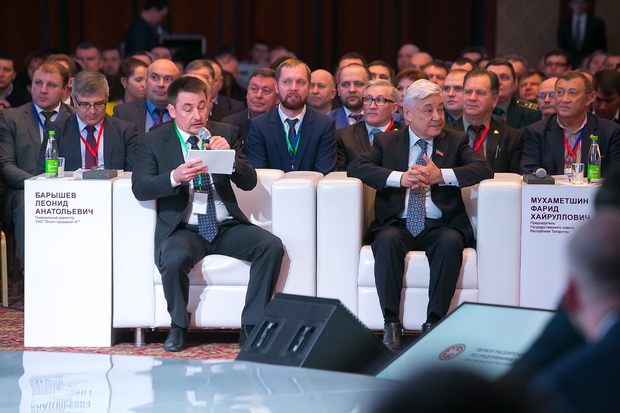
Besides, according to Kudtusov, they also have very large returns, it also affects the price of bread. The amount of these returns Kutuzov estimated at 200 million rubles per year, it is 6.5 thousand tonnes of bread, which must be utilized. 'Some people think that the chains are inadequate and it is impossible to come to an agreement with them, but it's not true. Without pressure from the government, we have developed a memorandum. This is not a restrictive document, it's a gentleman's agreement between producers and trade enterprises on the standards of these expenses, which I told you about,' he declared about the results of work. According to the businessperson, now, an agreement is signed by all participants of the working group, and they are representatives of nearly 60% of participants in the trade market. 'Our aim is to engage the remaining 40% that have not participated yet. A consumer will get a minimum price for bread, the government — stable price formation without abrupt jumps, the trade – no hidden benefits to individual market participants, and the producers – to allocate 200 million rubles not for the disposal of residues but the development of our business,' told Kudtuzov.
Taxi drivers scare the authorities with their returning to the 'black market'
The Director General of PLC Group of companies Progress Aleksander Alekseyev declared that Tatarstan may increase the number of illegal carriers and there is a risk of the return to black taxi market. The reason is the federal law, adopted in 2011, which has no possibility to suspend a taxi license, which is valid for 5 years and can be revoked only by a court order. This leads to the fact that an entrepreneur cannot terminate to 'drive a taxi' on its own initiative even in the case of the sale of the vehicle to another person and he has to pay taxes, even without doing buiseness in fact. A new buyer of this car also cannot obtain a new license. A legal entity, obtaining licenses for their new employees, cannot return the licenses after their dismissal, unless an employee does not do by himself. Now, in Tatarstan 8 thousand applications were filed for early termination of the license. The government issued more than 20.7 thousand permits.
In the result, the working group of representatives of the authority has developed a draft decree which allows early termination of the license. Besides, it determines the interaction with the tax service which will allow to detect those who do not use their license.

In the first place, Minnikhanov asked whether the proposed document conflicts with the federal law, however, as the representatives of the Ministry of Transport assured him, there is the Tatarstan law on taxi, in pursuance of which the decision of the Cabinet was adopted, and that particular document is amended. This practice already exists in several regions of the country. Titov, who promised to participate in the problem at the federal level through an interfactional group in the State Duma, intervened in the discussionand the speaker of RT State Council Farid Mukhametshin offered to take a legislation initiative. 'There's a shorter way, the regions have worked out a scheme, you just need to accept it, to make a decision. As for the future, the federal legislator should give us that opportunity,' said Minnikhanov.
'For Dorozhno-postovaya sluzhba we are just an illegally parked car'
They raised the issue of legalizing of mobile commerce that has already become a traditional for business and government meetings. The owner of Wok&Go Noodle Bar Marat Bagautdinov, one of the first who organized in the city food trucks (special vehicles where food is prepared on board), sees an opportunity in them to create a tourist infrastructure in parks, gardens and other seasonal recreational places.
'Neither in Kazan nor in Russia, nor in the Republic, there is no legal act that would regulate mobile trading. We owe one food truck, but for the executive committee, from the point of view of legislation, we – the usual stall on wheels, we are regulated by the same rules, which are designed for non-stationary trade. To the Committee on the Improvement we are a strange small architectural form on wheels which clearly should not be in the place where we stand. For Dorozhno-postovaya sluzhba (Road inspection service) we are just an illegally parked car, for Rospotrebnadzor – a new segment of the market that is needed to be regulated somehow,' he complained. The scheme, which he developed jointly with Executive Committee of Kazan, suggests that the business offers a list of places to work, determines the capacity of each point, the Executive Committee develops the route and sells it at auction. In the future he hopes to create special sites for a food truck with all the infrastructure, as in other cities of the world.
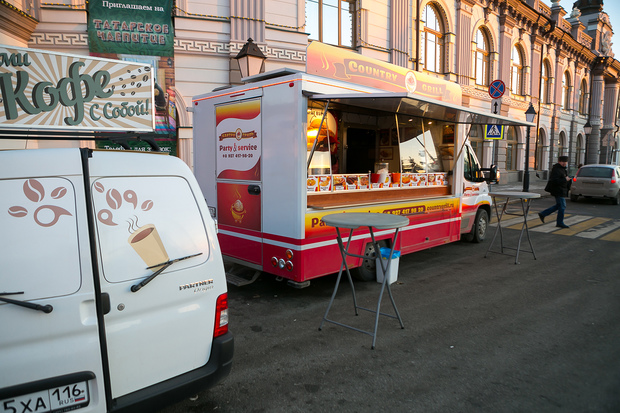
Now the head of the Republic believes that it is the most convenient way for trading for parks, public gardens and embankments. 'We have studied the experience. Moscow is preparing the amendments on trade laws, where there are a lot of amendments on mobile trade, we have been discussing for almost 2 yeas…' added Titov. 'You can discuss it as long as you want, but we need it now,' Minnikhanov interrupted him. Titov explained that there are objections from the entrepreneurs in some regions, who are scared of competition, they even ask not adopt the bill. 'I think, everything is fine, it is normal vehicles, normal maintenance service. Even if tourists cannot buy water, and stationary trade is impossible to organize. We have Bolgar, Sviyazhsk, Lebyazhye…' continued the head of the Republic. 'If everyone thought like this, the bill had been adopted sooner,' smiled Titov. 'They do not have problems where to eat, they are treated everywhere,' played a joke Minnikhanov.
'You see, how much harm one law can bring'
Apparently, the Entrepreneurship Council has made an impression on the federal guest. Titov even announced that he was ready to take it on board for other regions. 'Free – no, you will pay royalties to us for our idea,' commented ironically Minnikhanov. 'No, no, if only you take out a patent. If the rights are available, then we don't have to pay,' retorted the business ombudsman.
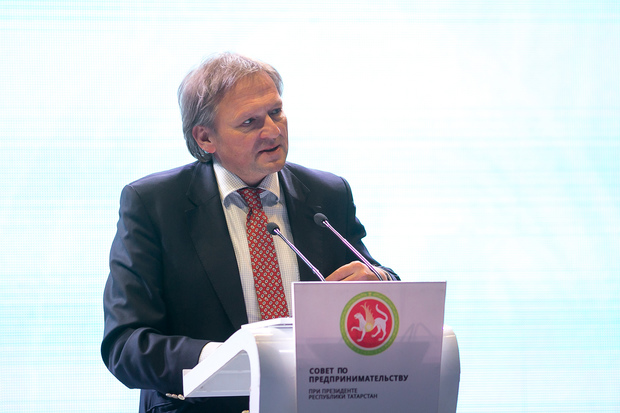
'The old way of thinking. The patent is ours, we just didn't have time to register,' continued to joke Minnikhanov. Then talking on serious subjects, he drew Titov's attention at how some federal laws affect badly on the business. 'You see how much harm one ill-conceived law can bring. One law can ruin all the plans, people take money, plan their lives…' he said, referring to the lease of state and municipal property by small businesses (they lost their pre-emptive rights of redemption of these objects).
'I would ask you to appeal, if necessary, and we will also tell about that… Please, such crucial decisions should be discussed and obtain regional approval. It is impossible for small and medium businesses to take a decision without considering the opinion of the regions,' said the President. Apparently, in that way Minnikhanov asked Titov to take the legislative initiative at the federal level. The commissioner himself did not comment on the request of the head of Tatarstan.
